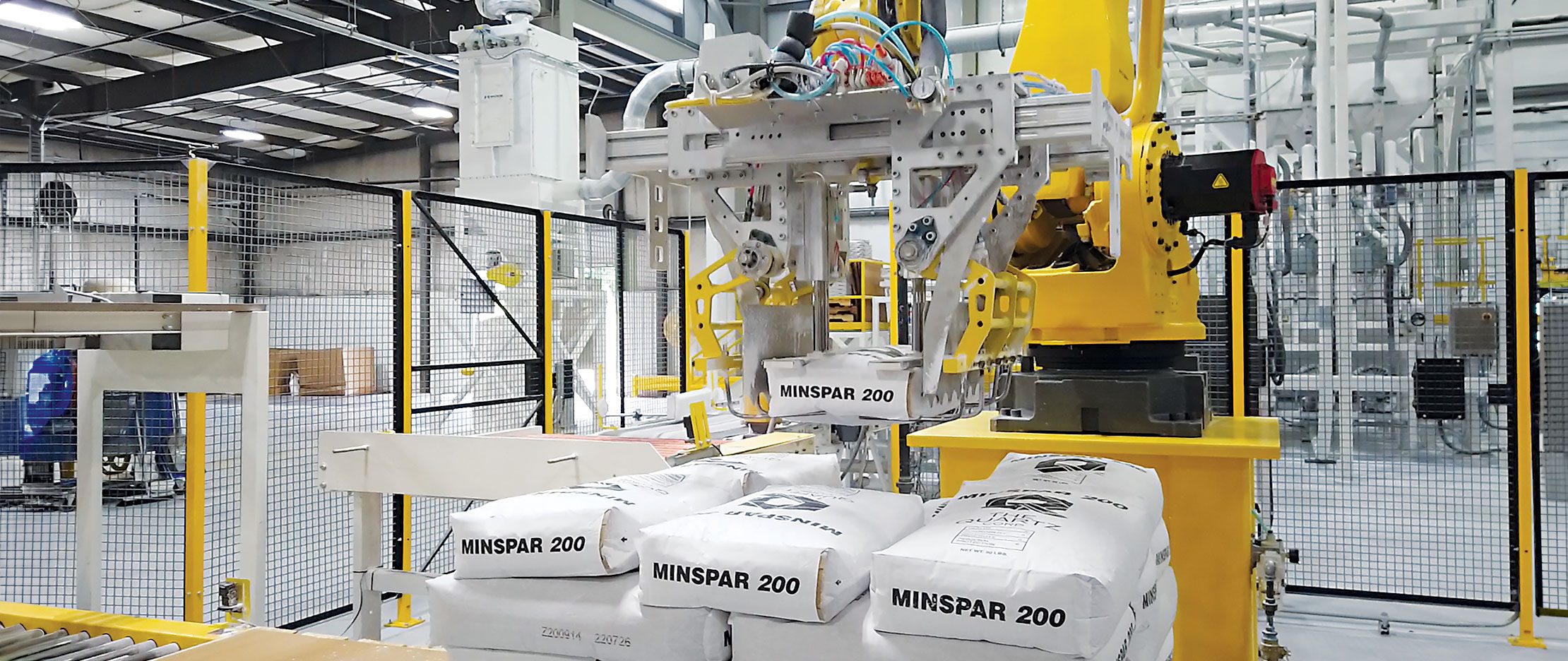
Streamlining Processes Through an Integrated Automation System
In today’s fast-paced manufacturing world, incorporating an integrated automation system into your line is a game changer for enhancing operational efficiency. Investing in an integrated system can be a heavy lift that can be eased by partnering with companies like Magnum Systems.
Teaming up with a manufacturing systems professional can provide the strategic integration that allows systems to run more efficiently and meet the customer's needs and goals.
When companies embrace automation, they see a boost in productivity and a decrease in human error, leading to a smoother workflow. Also, real-time data monitoring and control empower manufacturers to make informed decisions quickly, reducing downtime and allowing staff to concentrate on high-impact tasks.
Overcoming Challenges in Implementation
Of course, adopting an integrated automation system can come with some challenges. For instance, it can take some time to assimilate to the new and unknown. Also, as the saying goes, prior planning prevents poor performance. This adage couldn’t be more accurate when converting to automation. A knowledgeable partner can tap into past experiences to help you plan for any occurrence.
Magnum System’s regional sales manager, Nick Basham, says, “First and foremost, we must ensure that we understand a customer's existing processes before introducing new solutions.”
This thorough understanding enables us to tailor solutions that fit seamlessly into their operational landscape. Manufacturers can ensure that new integrated systems align harmoniously with their capacities and objectives by carefully considering space constraints and technological compatibility.
Challenges of Retrofitting Automation
Additionally, retrofitting existing systems can present compatibility concerns. Legacy equipment might not easily connect with cutting-edge solutions, which can lead to unexpected costs. Organizations must thoroughly assess their current processes to pinpoint the bottlenecks most suited for automation. Adopting a phased approach can help ease the transition, allowing businesses to implement automation gradually while making necessary adjustments.
The Importance of User Training and Support
The success of any integrated automation system initiative hinges on strong user training and technical support.
“Upgrading to new technology may signify an initial investment, but the long-term savings in efficiency and maintenance far outweigh the costs,” says Magnum Systems’ project manager, Pat Hammett.
By investing in comprehensive training programs, companies can significantly reduce resistance to new systems and empower their workforce to thrive. Additionally, ongoing technical support ensures that any unforeseen challenges are swiftly managed, helping maintain seamless operations throughout the transition.
While the path to automating integrated systems may have challenges, the rewards—from enhanced productivity to greater operational efficiencies—are truly worth it. With a structured plan and a strong emphasis on training, manufacturers are well-equipped to adapt to market demands and navigate future challenges successfully.
Viewing automation as a strategic partner will revolutionize manufacturing efficiency, giving businesses the competitive edge they need in an ever-evolving industry. Manufacturers can confidently embrace automation by proactively addressing potential obstacles like resistance to change and prioritizing user training, transforming their operations for a brighter future.
.
Magnum Systems podcast series, AIM!
RELATED POSTS
Unpacking the Essentials of Automation and Integration with Ben Adwell
Maximizing ROI: The Benefits of Working with a Systems Integrator
A Material Conveying System’s Role in Optimizing Plant Operations
Contact Magnum for your automated bulk material handling needs.
Related Post
How Unified Namespace Solves Manufacturing’s Data Silo Problem
The Rise of Smart Plants: How System Integration Engineers Are Driving Industry 4.0
System Integration in 2026: Navigating New Manufacturing Regulations